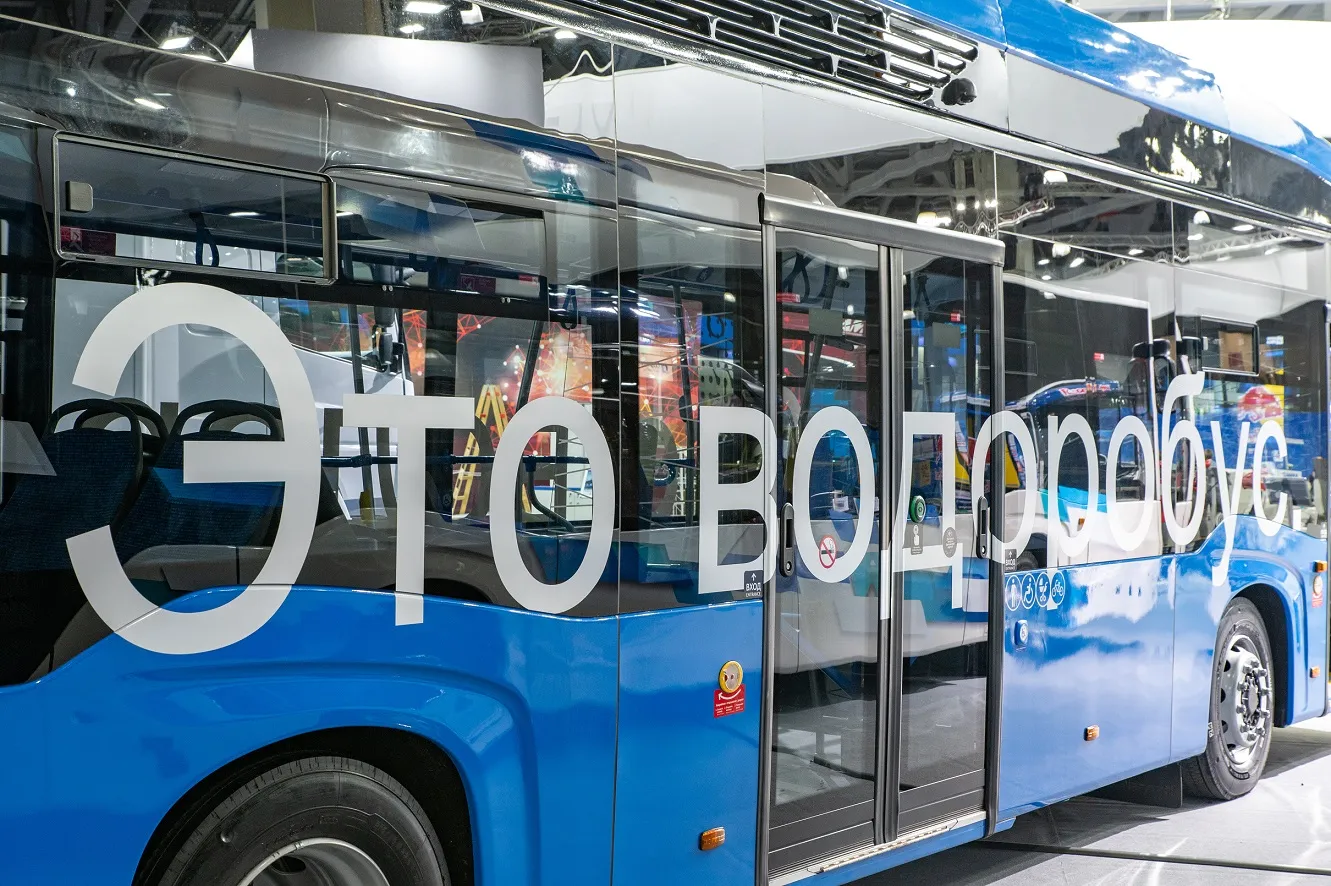Lothian Buses has launched a fleet of six fully electric vehicles to operate in Edinburgh Service 1 route to reduce emissions and improve air quality in the area. The company claims its fleet will carry 1.8 million customers each year throughout the hilly terrain.
The Wrightbus Street Air single deck buses (WSASDB) operate on pure electric powertrain, including an all-electric heating and cooling system, and have regenerative braking allows energy to be recovered to the batteries. Onboard energy storage of 300kW/h provides gives an operating range of up to 210km (130 miles) and recharging the batteries takes three to four hours using a new 75kW charging stations installed at Annandale Street garage.
Passenger facilities include WI-FI, high back seats, USB charging points and LED spotlights.
Lothian plans to add five more EVs to the service next year, which will make it the Edinburgh’s first fully electric route.
Lothian introduces electric bus fleet, Edinburgh
Lothian Buses has launched a fleet of six fully electric vehicles to operate in Edinburgh Service 1 route to reduce emissions and improve air quality in the area. The company claims its fleet will carry 1.8 million customers each year throughout the hilly terrain. The Wrightbus Street Air single deck buses (WSASDB) operate on pure electric powertrain, including an all-electric heating and cooling system, and have regenerative braking allows energy to be recovered to the batteries.
October 5, 2017
Read time: 1 min








